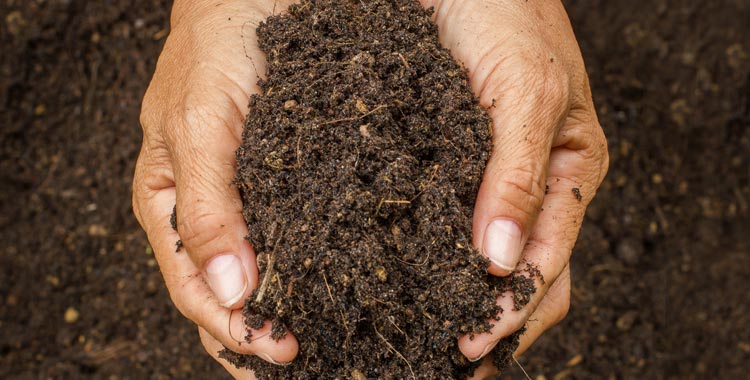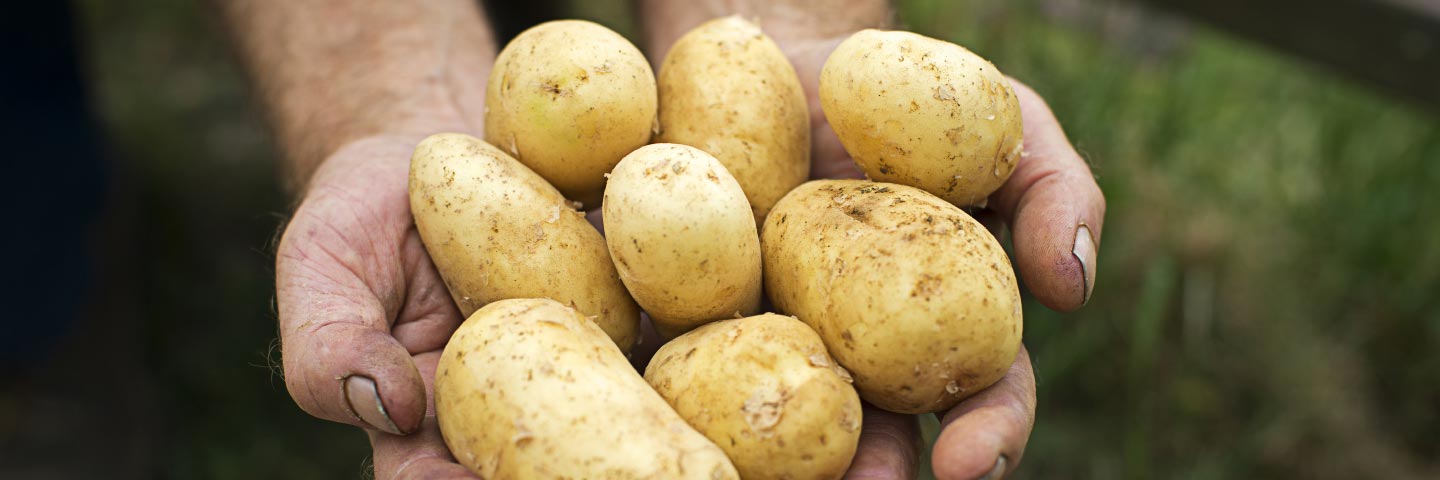Once every two years the whole of the potato industry comes together for this unique 'seed to shopping trolley' event. It's an exceptional networking and business opportunity for all those involved in growing, handling, processing and retailing the crop in this multi billion £ industry.
Fera will be promoting its Integrated Crop Management Service for farmers, growers and argonomists at British Potato; helping you to increase your yields whilst reducing your costs. Why not visit us on stand 180 to learn more.

Crop Testing
Testing over 8,500 samples a year with over 100 years experience of delivering pest and disease identification services, we can help you diagnose the known and the unknown. For instance clubroot is one of the most damaging diseases of Oilseed Rape in UK due to the persistence of the soil-borne pathogen responsible for the disease, Plasmodiophora brassicae, and that it is exacerbated by close rotations. Losses in affected crops can equate to over 50% of potential yield in severely infected crops, that could be as much as £450/ha lost.

Insect Monitoring
Aphids and the virus' they transmit can reduce wheat and barley yields by 2.5t/hectare. Real time adjustments to timing and the nature of sprays can not only reduce this risk but also save a grower an estimated £7/per hectare on insecticides. Fera's Yellow Water Trap monitoring service provides a grower with the information needed to assess virus transmission risk; £34/ha spent for a return of an in-season spray cost saving, slowing resistance as a result of routine applications and protecting potentially £300 of marketed grain.

Soil Health Unit
Ever-growing restrictions on pesticides, a lack of new active ingredients coming onto the market and increased resistance by pathogens to active ingredients mean reducing treatment applications, whilst still keeping pathogens at bay is an effective way to save famers time and money but also helps minimise the selection pressure on pathogenic strains of diseases. Fera has therefore been working to develop a suite of direct soil tests that will allow farmers to understand the levels and distribution of soil-borne pathogens in the field and therefore the risk of disease before they plant. This allows selection of the most suitable crop and variety for the conditions helping to minimise use of pesticides. We are developing tests using our latest method for a range of potato, brassica and cereal pathogens including Rhizoctonia solani, Rhizoctonia cerealis and take-all but please come and talk to our scientists about the pathogens that you’re most worried about in your crop.

Nematodes Testing
Damage caused to crops by Plant-Parasitic Nematodes is estimated to be around £48 billion per year worldwide. Fera scientists are developing a rapid, cost effective molecular identification tool to diagnose root-knot nematode species directly form plant material, including potato roots and tubers.
Nematodes and Free Living Nematodes can stunt growth, leave plants more susceptible to other pathogens and ultimately reduce crop yields by up to 80%. The farming sector has fortunately been able to treat for these pests, but these treatments are costly (particularly when routinely applied) and continue to face stricter regulatory pressures. A Nematode Sample Analysis through Fera will identify accurately the species of nematodes in the soil which in some cases can be misidentified. These misidentifications can cost up to £ 125/h of unnecessary soil treatments. In the absence of a nematacide a PCN test and analysis of approximately £55 per hectare could improve a growers yield by 118% just be choosing the correct planting locations in the rotation; that's the difference between making a loss of -£4,500/ha and breaking even.
Fera will also be showcasing the latest in the following technologies:
Fera will be on the BASiS Knowledge Trial. Join us on stand 180 to collect your CPD point.
Learn more about British Potato 2017Download your voucher

Download your 5% off voucher - Integrated Crop Management






